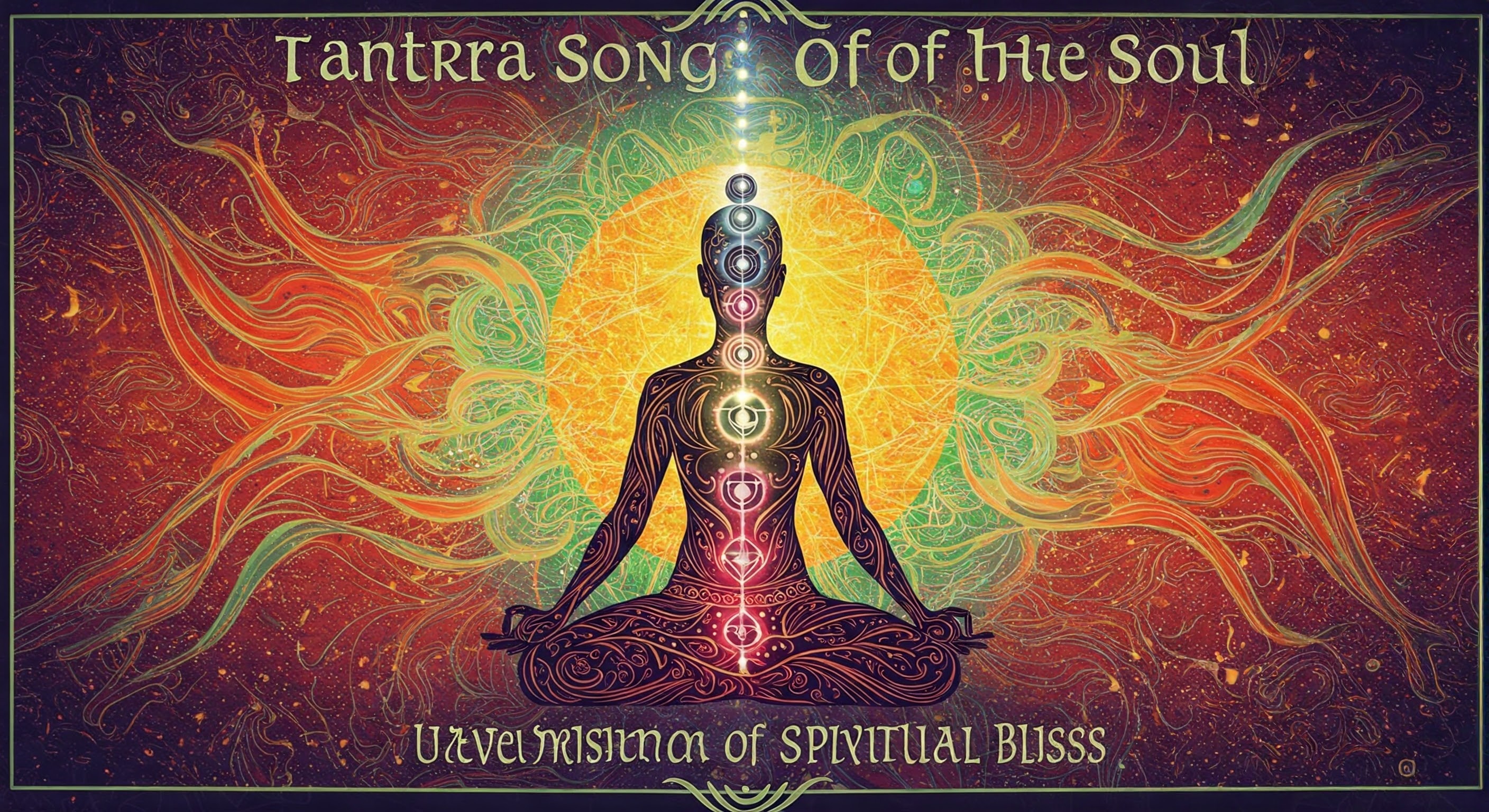Understanding the Basic Tenets With Traditional Definitions.

Every ideology, philosophy, or belief system rests on a bedrock of fundamental principles – its core tenets. Understanding these tenets is key to truly grasping the system's meaning and impact.
Why Focus on Traditional Definitions?
Examining these foundational ideas through their traditional definitions provides a vital roadmap. It allows us to:
- Understand the Internal Logic: See how each tenet connects and builds upon others, revealing the coherent worldview the system aims to convey.
- Appreciate Deeper Significance: Move beyond surface-level understanding and delve into the nuanced meaning and implications of each principle.
- Foster Respect: Gain a deeper respect for the internal consistency and depth of the belief system.
Examples in Action:
- Judeo-Christian Monotheism:The core tenet: Belief in one singular God, creator and sustainer.
- Its impact: Shapes beliefs about divine law, humanity's role, and the universe's purpose.
- Buddhist Four Noble Truths:The core tenets: Suffering (dukkha), its root cause (attachment), liberation (nirvana), and the Eightfold Path.
- Its impact: Guides the Buddhist approach to living a meaningful and enlightened life.
Bridging Understanding Across Beliefs:
Understanding traditional definitions helps us navigate the diverse landscape of belief systems. While concepts like "God" or "enlightenment" may appear similar, their specific definitions reveal crucial differences. For instance:
- Islam vs. Christianity: Both share the concept of a singular creator, but their traditional definitions diverge on God's attributes and relationship with humanity.
The Dynamic Nature of Interpretation:
It's crucial to acknowledge that traditional definitions are not static. They can be:
- Contested: Scholars and practitioners may challenge or reinterpret traditional definitions.
- Reinterpreted: Belief systems adapt to changing contexts, leading to evolving perspectives.
The Value of Exploration:
Despite potential reinterpretations, exploring basic tenets with their traditional definitions remains essential for:
- Deeper Comprehension: Unlocking the heart of any belief system.
- Nuanced Comparisons: Understanding the subtle differences between various traditions.
- Navigating Human Thought: Appreciating the rich tapestry of human beliefs.
In essence, understanding core tenets through their traditional definitions is a powerful tool for fostering intellectual curiosity, respect, and a deeper appreciation for the diverse ways humans make sense of the world.





